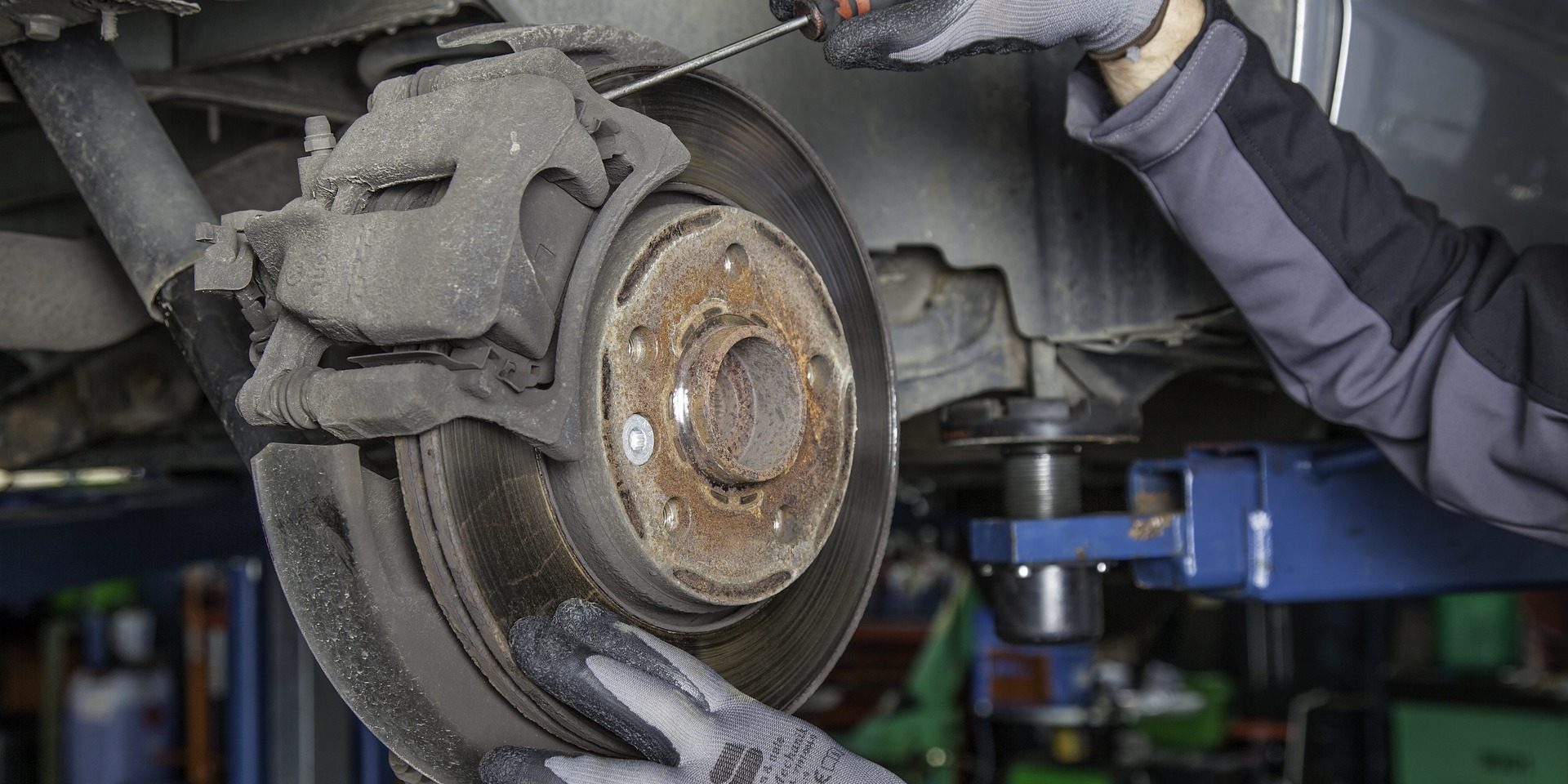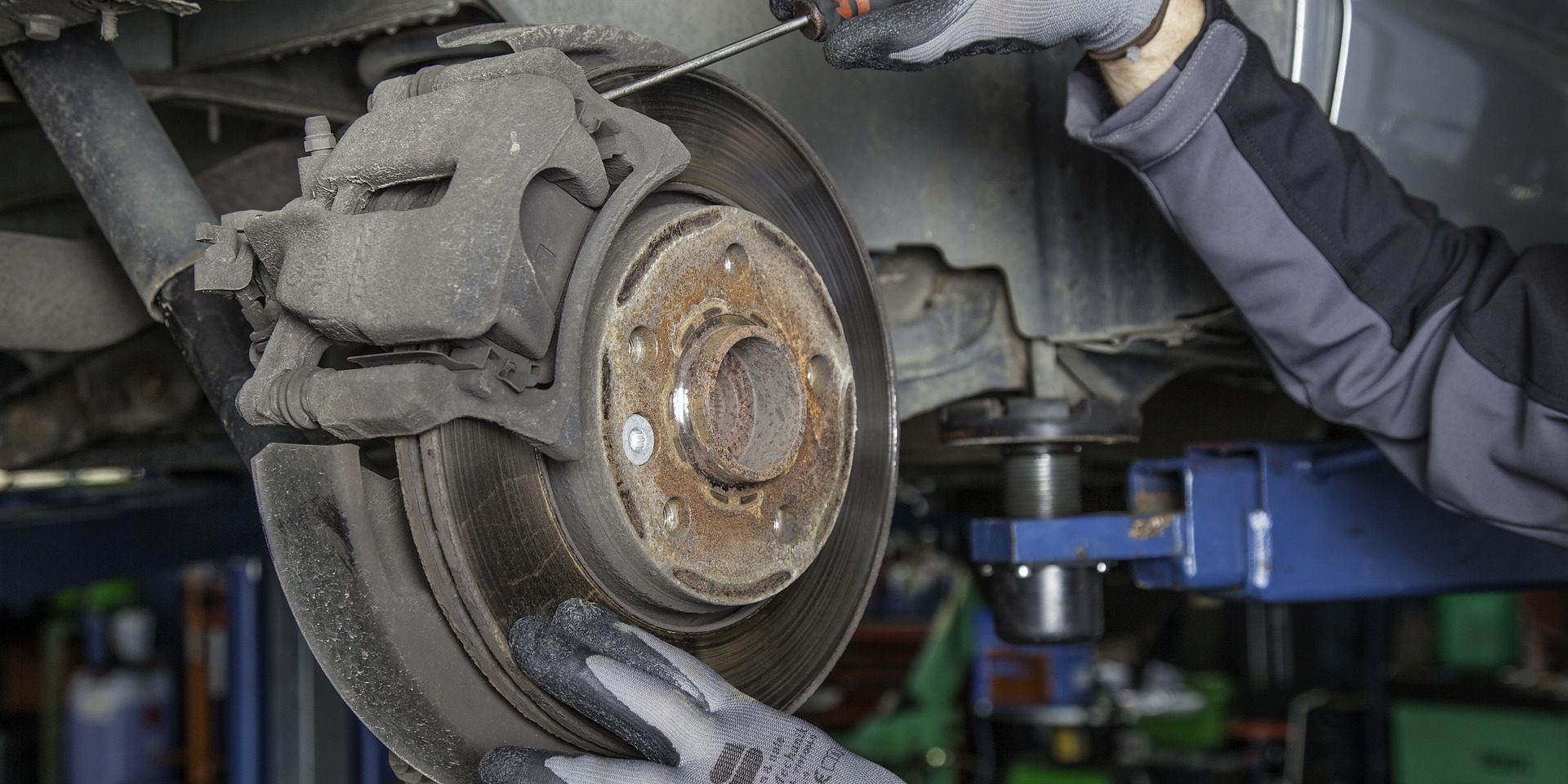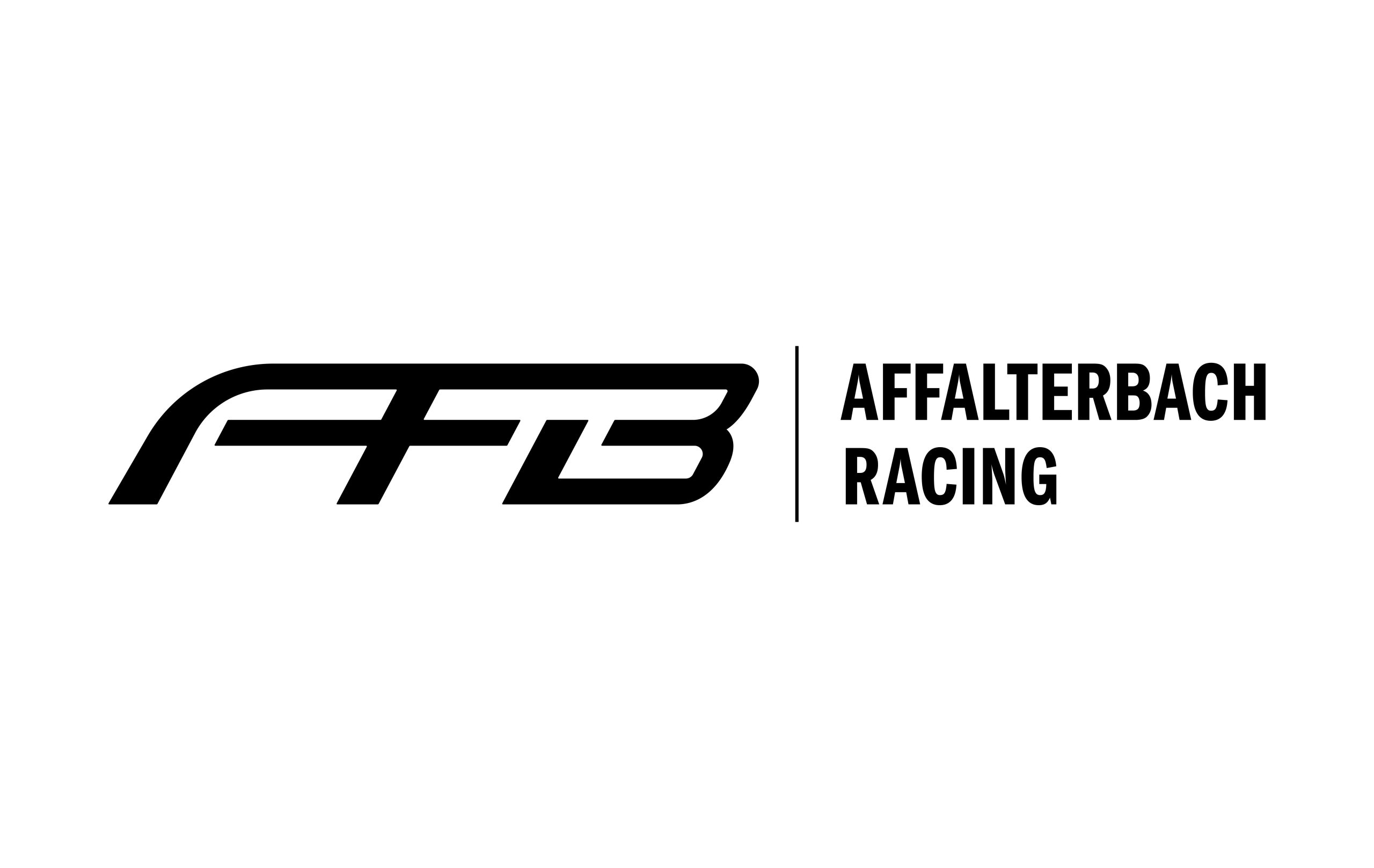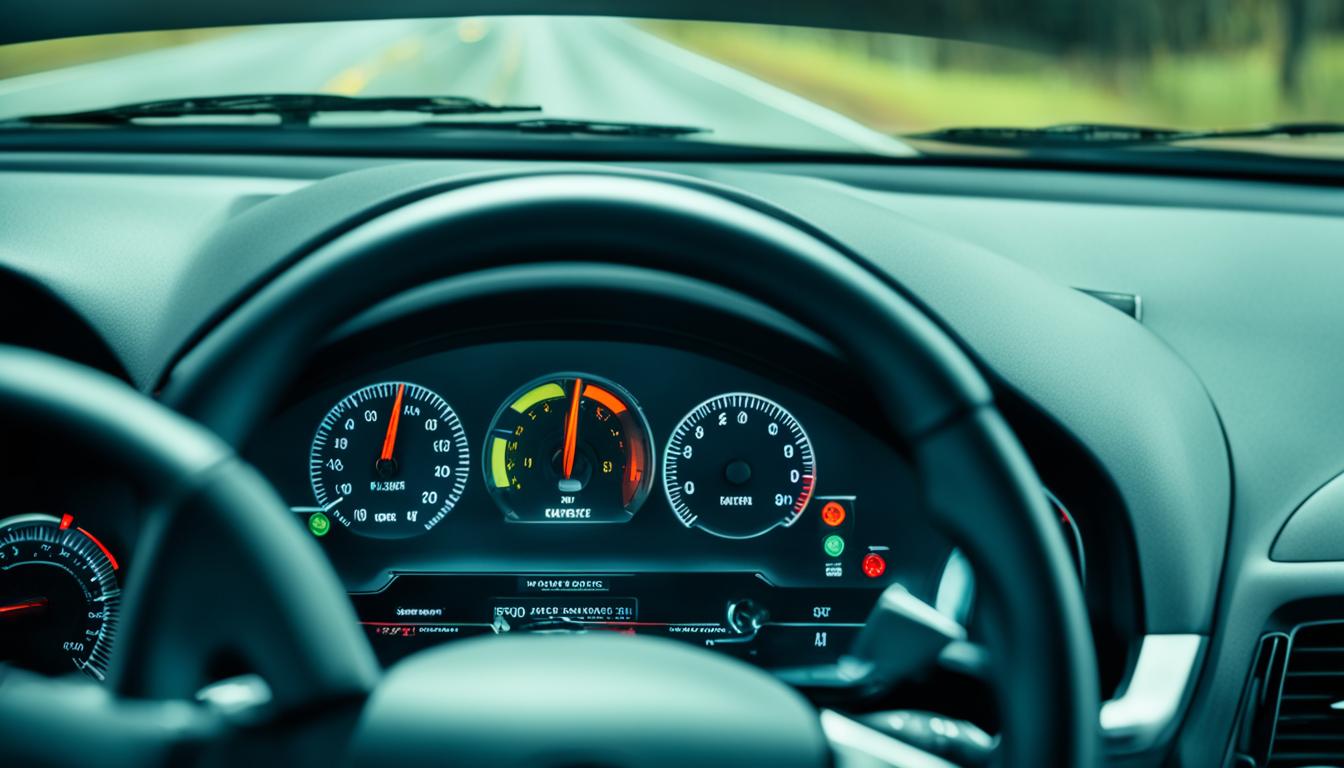How long does a car inspection take?


A car inspection is an essential aspect of car ownership to ensure safety and compliance with regulations. During the inspection, a certified mechanic inspects the vehicle’s critical components such as brakes, tires, lights, suspension, and emissions to ensure that the car is safe for use on the road.
The duration of car inspection varies depending on the state’s requirements and the checklist used by the mechanic. However, in general, it takes about 30 minutes to an hour to complete a standard car inspection.
Besides checking your car’s critical components once every year or as required by your state regulations, drivers should also perform routine maintenance such as oil changes, tire rotations, and regular upkeep to enhance their vehicle’s longevity and performance. It will not only improve performance but also potentially save you money on future repairs.
To avoid unnecessary stress when taking your car for inspection, make sure you take note of your previous inspections’ notes and correct any issues noted by a mechanic earlier.
How Long Does a Car Inspection Take?
To better understand how long a car inspection takes, you need to consider different factors that could affect the inspection process. In order to maximize your time, you also need to know the average time taken for different types of car inspections. We will explore these topics to help you plan your schedule and avoid any surprises during your car inspection.
Different Factors Affecting the Time Taken for Inspection
When it comes to car inspections, the time taken varies depending on various factors. These factors include the type of inspection being done, the age and condition of the vehicle, and even the experience level of the inspector.
| Factor | Time Taken |
|---|---|
| Basic inspection | 30 minutes |
| Full inspection | 1 hour |
| Vintage car inspection | 2-3 hours |
| New car inspection | 1-2 hours |
It’s worth noting that some vehicles may require additional tests or checks based on their make or model, which can also affect the time taken for inspection.
Pro Tip: Before scheduling your car inspection, be sure to inquire about any additional checks required for your specific vehicle to avoid any surprise delays during your appointment.
Type of Inspection
For the type of inspection, it depends on the specific needs of the vehicle. Here is a breakdown of common types and their average time frames:
| Type of Inspection | Time Frame |
| Safety Inspection | About 1 hour |
| Emissions Inspection | About 30 minutes |
It’s important to note that some states or countries may require both safety and emissions inspections, such as California. Additionally, some places may have longer wait times due to high demand or limited availability.
When getting an inspection, make sure you have all necessary documents and items with you, such as registration and proof of insurance. This can help speed up the process.
According to the DMV website, “In California, a smog check is required to sell your car every other year.”
Number of Components to be Inspected
When conducting a car Inspection, there is an extensive range of parts and components that need to be inspected. Without checking each one, the Inspection would not be complete.
Here are four categories of components that must be inspected:
- Vehicle Brakes
- Tire Wear and Pressure
- Steering System
- Suspension Components
It takes time to thoroughly inspect each component of the car, ensuring that it is operating correctly and safely. It’s important to ensure that all your vehicle’s systems are checked and in good condition before driving it on the road.
In addition to these common parts, many other parts also require inspection for proper functioning. For example, examining engine oil levels, windshield wipers fluid, power steering fluids and brake fluid conditions must not be overlooked.
Over the decades following its inception around 1921 at the Massachusetts Institute of Technology (MIT), car inspections evolved as states started imposing new laws & regulations with advanced technological developments in automotive engineering techniques to stay up-to-date with safe driving alternatives.
Your car’s condition can greatly impact the length of the inspection, so pray for mercy from the mechanic if your ride is more beat-up than a piñata at a toddler’s birthday party.
Condition of the Vehicle
One aspect that an inspection covers is the overall state of the car. This includes the exterior, interior, tires, brakes and undercarriage. An inspector will check for any damages or defects, such as rust or dents. They will also look at the cleanliness of the car to determine how well it has been maintained. A thorough inspection may take up to an hour to complete.
In addition to visual checks, inspectors will test vital components like brakes and steering systems. The engine compartment will also be inspected for wear and tear on important parts like spark plugs and belts.
When inspecting a vehicle, a mechanic pays attention to possible electrical problems that could cause future issues. Ignoring these can lead to mechanical problems that are difficult to fix later on. Electrical components that are checked include taillights and headlights.
It is important to note that a comprehensive inspection by a professional can highlight any subtle faults in a car which otherwise would have gone unnoticed by beginners. According to Carfax.com, “Regular maintenance helps your vehicle run smoothly and prevents costly repair bills down the road.”
Car inspections ensure safety on roads by detecting faulty mechanical conditions before they cause trouble while driving.
Average Time Taken for Different Types of Car Inspections
A car inspection is an essential part of vehicle maintenance, ensuring that drivers and passengers continue to stay safe on the road. The time it takes for different types of car inspections varies depending on the type of inspection.
Average Time Taken for Different Types of Car Inspections
| Inspection Type | Average Time Taken |
|---|---|
| Pre-Purchase | 2-4 hours |
| General Maintenance | 1-2 hours |
| Emissions | 30-60 minutes |
| Safety Inspection | 45-90 minutes |
It is important to note that these times may vary depending on the make and model of the car and the specific inspection requirements.
Pro Tip: To ensure an efficient inspection process, be sure to understand the specific requirements for your particular type of inspection and come prepared with all necessary documentation.
When it comes to car safety inspections, remember: a little prevention is worth a lot of tow truck bills.
Safety Inspection
When it comes to ensuring the safety of a vehicle, a comprehensive inspection is crucial. The first step in this process is conducting a thorough examination of all aspects related to ‘Safety Inspection’. Here are 5 key points that need to be checked during this stage:
- Brakes: This includes checking brake pads, rotors, calipers, and hoses for wear and tear.
- Tires: Checking the tread depth and overall condition of each tire is important for maintaining proper traction and handling on the road.
- Lights: All lights – including headlights, taillights, turn signals, and brake lights – must be inspected for functionality.
- Suspension: Inspecting the shocks, struts, and springs will ensure that the car remains stable while driving on uneven terrain.
- Seat belts: Checking that each seat belt functions properly is essential for driver and passenger safety in case of an accident.
In addition, it’s important to note that airbags and other safety features should also be thoroughly inspected during ‘Safety Inspection’. Such checks are usually performed by certified professionals who use specialized equipment to ensure everything is functioning as intended.
As with any inspection process, the time it takes to complete can vary depending on the complexity of the vehicle and any issues encountered along the way. However, it typically takes between 30 minutes to an hour to conduct a thorough ‘Safety Inspection’.
A friend shared their recent experience with me. Their car’s brakes were found faulty during a routine inspection which delayed their trip but ultimately prevented an accident. Regular inspections can not only save time but also lives.
Your car’s emission test is like a trip to the doctor’s office – uncomfortable, but necessary for a health check.
Emission Test
An Essential Aspect of Vehicle Inspection: Testing Emissions
Emission testing is a crucial component of vehicle inspections. This test measures the amount of pollutants emitted by the vehicle’s exhaust system, ensuring compliance with environmental regulations.
To understand the details of emission testing, here is a table that showcases some pertinent information (actual data will vary according to location and vehicle type):
| Type of Test | Time Taken | Cost |
|---|---|---|
| On-Board Diagnostics II (OBD-II) Test | 5-10 minutes | $20-$50 |
| Two-Speed Idle Test | 15-30 minutes | $15-$50 |
| Acceleration Simulation Mode (ASM) Test | 20-30 minutes | $30-$90 |
It is essential to note that these figures are only for illustrative purposes and may vary depending on the location of the test center and the type of vehicle being tested.
Meanwhile, apart from the cost and duration of emissions testing, it is interesting to note that this procedure has evolved over time. Modern vehicles now typically come equipped with OBD-II systems, which allow for faster and more efficient testing than earlier methods.
Interestingly enough, studies have shown that emissions testing can also impact air quality in areas where poorly maintained or non-compliant vehicles pose an environmental risk. According to a report by NC State University’s Transportation Institute, effective emissions control programs such as regular inspection programs help improve air quality in both urban and rural areas.
Get ready to have your car thoroughly examined, it’s like going to the doctor for a full body check-up but without the uncomfortable waiting room chairs.
Comprehensive Inspection
A thorough and comprehensive inspection of a vehicle is essential to ensure its optimal performance and safety on the road. This inspection covers an extensive range of checks, including both external and internal features of the car.
For the heading ‘Comprehensive Inspection’, here is a table outlining the different areas covered during this type of assessment:
| Categories | Checkpoints |
|---|---|
| Exterior | Lights, mirrors, wipers, brakes |
| Engine | Oil level, fluid levels, belts, hoses |
| Suspension | Steering system, wheels and tires |
| Undercarriage | Brakes & suspension systems, drivetrain |
| Interior | Dashboards controls including temperature control unit |
This inspection may take several hours depending on the specific items that need scrutiny and attention. It’s best to plan accordingly by setting aside enough time for this process.
It’s important to note that even if your car seems fine now or has passed its usual state inspection; contact your mechanic instantly if you notice any issues while driving it. It can help avoid putting yourself in an unsafe situation while endangering other people on the road.
Don’t delay taking action when it comes to ensuring your car’s safety. Everything from our daily commutes to extended family travels depends on it!
Want to speed up your car inspection? Just slap a ‘Sorry Officer, I’m Late’ bumper sticker on your car and hope for the best.
Tips to Speed Up Car Inspection
To speed up the car inspection process, you need to be well-prepared and make some smart choices. With the section on “Tips to Speed Up Car Inspection” in “How long does a car inspection take”, you will learn the secrets to getting your inspection done quickly. The sub-sections are “Preparing Your Vehicle for Inspection”, “Choosing a Convenient Inspection Station”, “Scheduling an Appointment for Inspection”, and “Being Present During Inspection”.
Preparing Your Vehicle for Inspection
When it comes to ensuring your vehicle meets inspection standards, there are various steps you can take. Here’s how to get your vehicle ready for the inspection process:
- Check tire pressure and tread depth
- Ensure all lights are working
- Check brakes and brake pads
- Test windshield wipers and fluid
- Examine the exhaust system for leaks or damage
- Assess all important fluids such as coolant levels and oil levels
In addition to these essential steps, it’s always best to follow manufacturer guidelines and perform regular maintenance checks on your car.
Did you know that in some states in the U.S, car owners can receive fines of up to $1000 if their vehicle fails an inspection? So make sure you take the appropriate measures before booking that appointment!
Because no one wants to spend their entire day at a dingy inspection station, make sure to pick a location with a waiting area that’s at least more comfortable than a doctor’s office.
Choosing a Convenient Inspection Station
When looking for an inspection station, there are a few things to consider to ensure convenience and efficiency.
- Location: Choose a station that is close to your home or workplace to save on travel time and expenses.
- Availability: Look for stations that offer flexible hours, including weekends or evenings, to fit your schedule.
- Options: Consider stations that offer multiple services, such as emissions testing and registration renewal, to limit the number of trips you need to make.
- Reviews: Do some research online to check reviews and ratings of the different inspection stations. This can help narrow down your options and ensure quality service.
Additionally, some stations may also offer online booking or text message notifications when your vehicle is ready for pick-up. These options can save time and streamline the inspection process.
According to a study by Consumer Reports, choosing an independent inspection station instead of a dealership can save up to $50 in fees.
Make sure to schedule your car inspection appointment early, unless you enjoy spending quality time in a waiting room with outdated magazines and a stale coffee machine.
Scheduling an Appointment for Inspection
When it comes to arranging a time for your vehicle inspection, there are a few things you should keep in mind. Here are some tips to help you schedule an appointment for inspection smoothly and efficiently.
- Research the inspection station closest to you
- Contact the station via phone or email
- Provide necessary information about your vehicle and reason for inspection
- Select a date and time that works best for you
- Confirm your appointment before leaving
It’s important to note that different states may have varying regulations regarding scheduling inspections. Therefore, it’s crucial to check the rules in your specific state beforehand.
Pro tip: Try to schedule your appointment on weekdays instead of weekends as they tend to be less busy.
Your presence during inspection is mandatory, unless you’re a magician who can magically fix car issues without even looking at them.
Being Present During Inspection
It is highly recommended to remain present during the car inspection. This will offer significant benefits in the process. By staying there, one can observe the professionals conducting the inspection and address any concerns or queries promptly. It also helps build trust and ensure transparency between both parties.
Moreover, being present during inspection allows you to point out any specific issues that you may have with your car. In this way, it can help speed up the inspection as well as enable quicker repairs since these issues can be immediately addressed.
During the inspection process, it is essential to provide accurate information regarding car history, especially if it has undergone repairs or accident damage before. Hidden information may delay the procedure and negatively impact the assessment’s accuracy, which ultimately delays any essential repairs required.
It is always beneficial to have a pre-inspection checklist or routine maintenance beforehand that can save time and money in any detections identified earlier on. It should include items such as fluid checks, brake inspections, tire condition, instrument cluster status (e.g., warning lights), bumper/scratches states alongside retrieving all relevant documentations of registration that provides ownership legitimacy.
By being actively involved in the car inspection process, understanding what is happening under the hood opens a whole new level of knowledge and appreciation for maintaining one’s vehicle optimally. Moreover, by following some basic suggestions such as thoroughly cleaning one’s car before presenting it for examination and keeping all documentation available before visiting a garage undoubtedly result in speedy inspections while avoiding frustration throughout downtime waiting periods of several hours or even days for getting back on roads unhindered.
How long does a car inspection take? – Key Takeaways
Car inspection duration varies based on factors such as the type of inspection, vehicle model, and the inspector’s workload. The standard safety inspection takes around 45 minutes with an added time of 20 minutes for emissions inspections. Inspections may take up to two hours if there are issues that need fixing. Therefore, it is essential to schedule ample time to avoid rushing through the process.
Pro Tip: It’s best to get your vehicle inspected during a weekday morning or mid-week appointment to avoid peak traffic times and long waiting periods.











[…] your car engine and allow it to run for a few minutes before inspecting any of the […]
[…] you inspect your car’s fluids regularly and promptly fix minor leaks to avoid more severe problems down the line. A […]
[…] ensure the condition of the vehicle is satisfactory, the car rental company charges a fee for any damages found during inspection. This fee covers both repair costs and potential loss of revenue from renting the damaged […]
[…] the underlying causes of car rattles involves inspecting various systems. It’s crucial to check engine oil levels, as low oil can lead to increased […]
[…] the root cause of cold air in your car’s heat system could necessitate an inspection of the heater core, a vital […]
[…] inspection and maintenance of your car’s air conditioning system coupled with a few additional steps go a long way in ensuring that your […]
[…] The best way to diagnose the cause of the ticking noise is to take your car to a mechanic who can perform a thorough inspection and identify the root cause of the […]
[…] determine if your car has been struck by lightning, follow these steps: inspect the car for signs of damage; have a professional mechanic inspect the car’s electrical system; […]
[…] the current level of coolant in your car by inspecting its overflow tank or […]
Your comment is awaiting moderation.
Коста-Рика получить внж в
роды в Коста-Рике гражданство
https://costavida.ru
как получить Коста-Рика гражданство
Коста-Рика на пмж отзывы
https://costarus.ru
Коста-Рика гражданство по рождению
как переехать на Коста-Рику пмж из России
миграция в Коста-Рику
Коста-Рика получить гражданство
иммиграция к Коста-Рику
https://imigrantos.ru